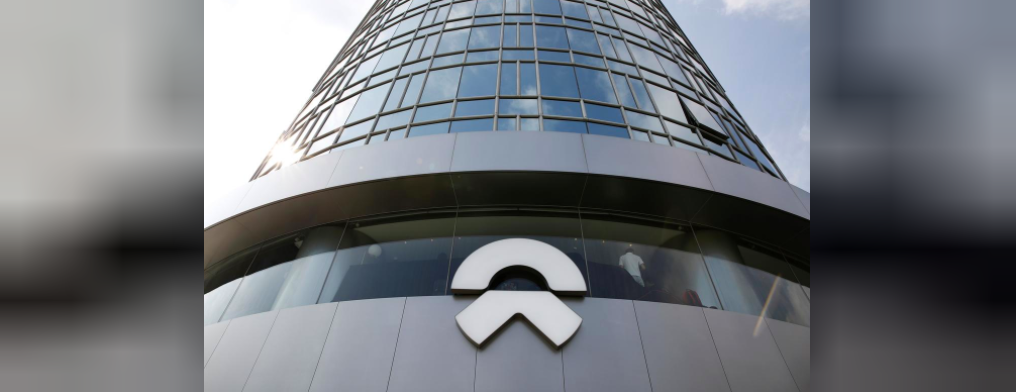The service, called “battery as a service” (BaaS), entails drivers paying a monthly rental fee for use of the batteries.
The cheapest Nio car after subsidies is now an ES6 sport-utility vehicle (SUV) priced 273,600 yuan ($39,553) without ownership of the battery pack, versus 343,600 yuan including the pack.
“We believe with BaaS, more customers of gasoline cars will consider electric vehicles,” Nio’s chief executive William Li told reporters.
Nio operates 143 battery-swapping stations around China, where drivers can swap spent battery packs for fully charged replacements. Li said Nio was building a new battery-swapping station in China every week and planned to build 300 new stations next year.
Li also said the firm hoped to enter some international markets from the second half of next year starting with some European countries. He added the firm aimed to enter more markets from 2022.
The industry ministry has said it would promote the adoption of vehicles with batteries that can be swapped between different makes and models.
To that end, Nio’s battery packs are the same shape and size across its lineup, which is comprised of three SUVs. EV models from peer BAIC BluePark New Energy Technology Co Ltd also have standardised batteries.
The batteries for Nio’s leasing service will be supplied by a company established by Chinese battery makers including leader Contemporary Amperex Technology Co Ltd. The company has registered capital of 800 million yuan, a government filing showed.











